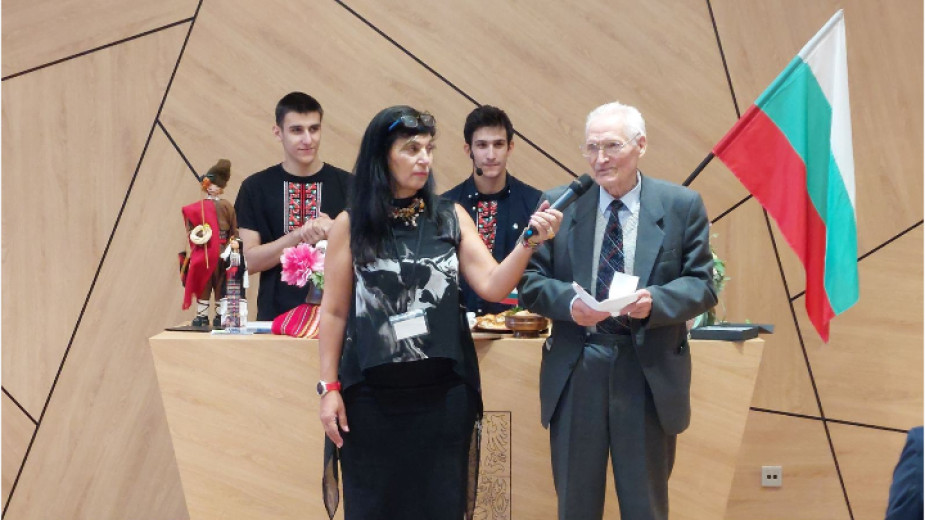 6
6
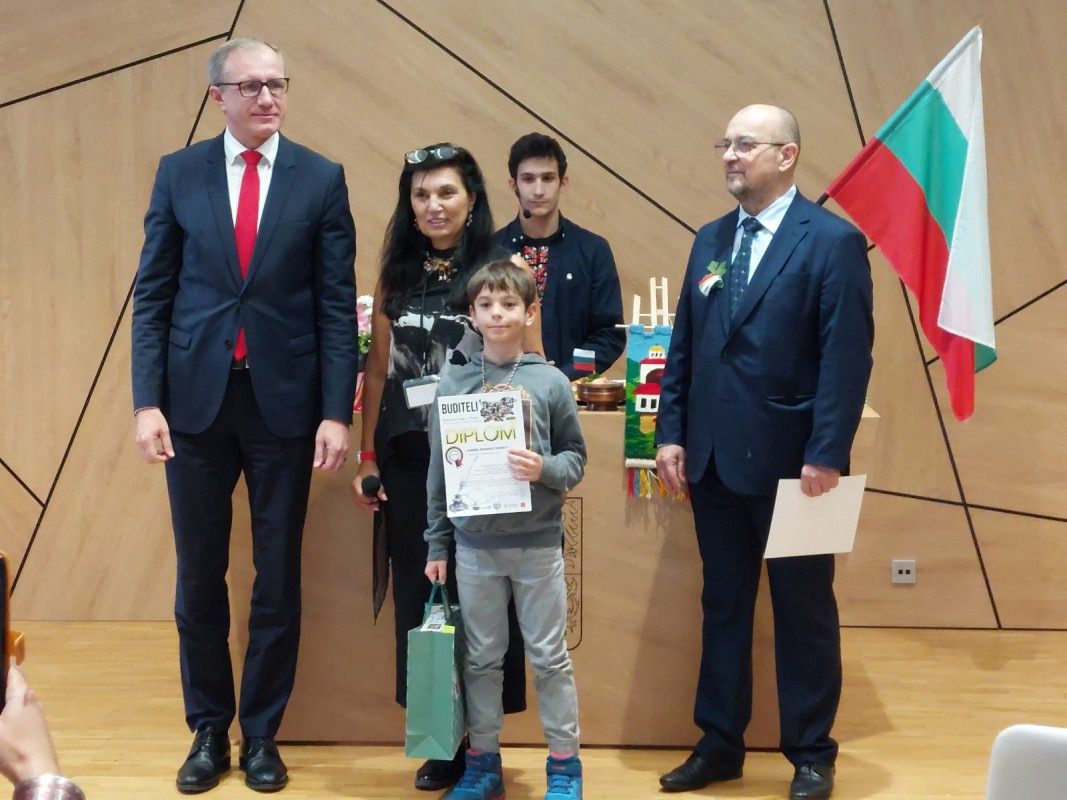
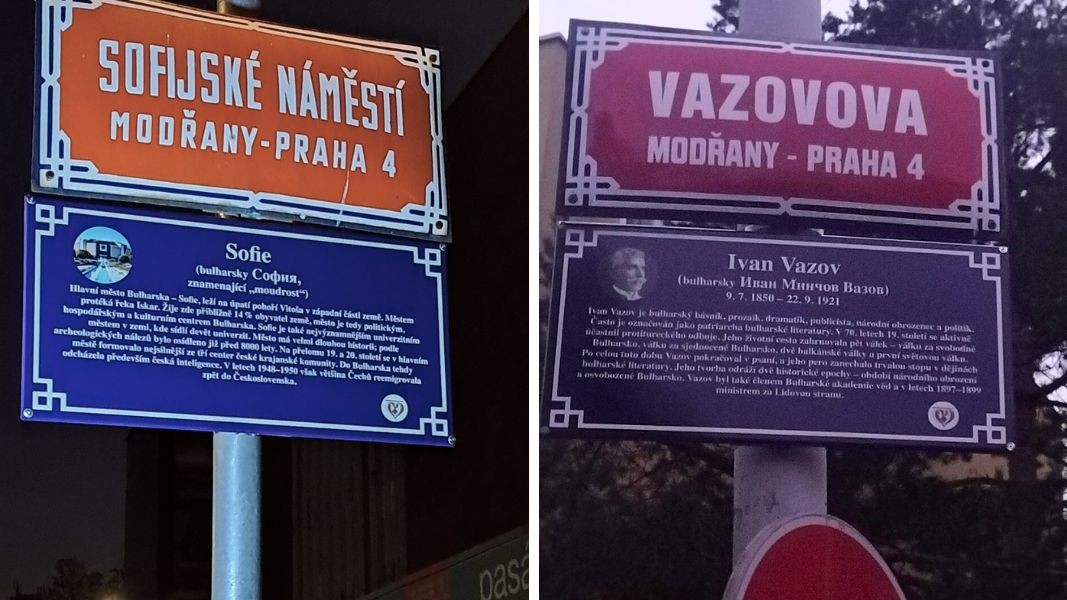
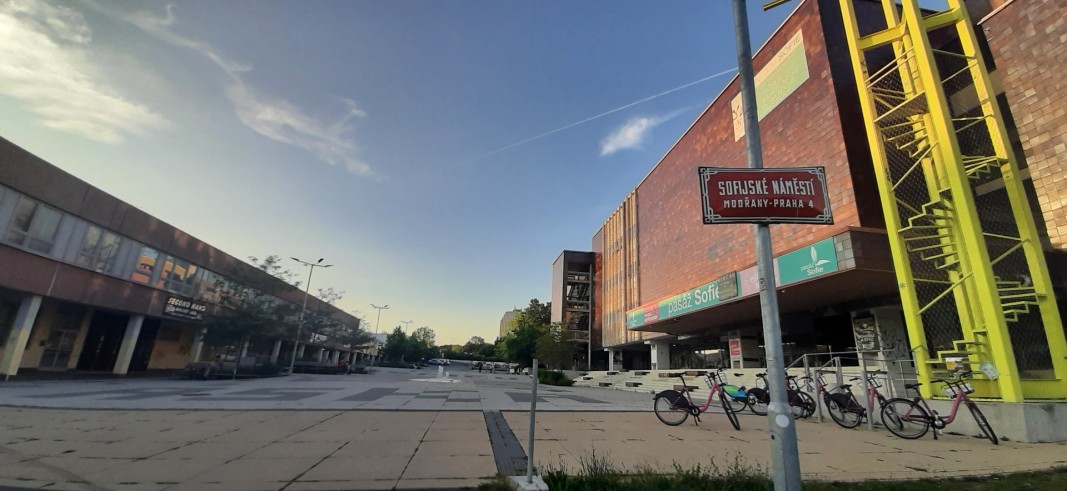
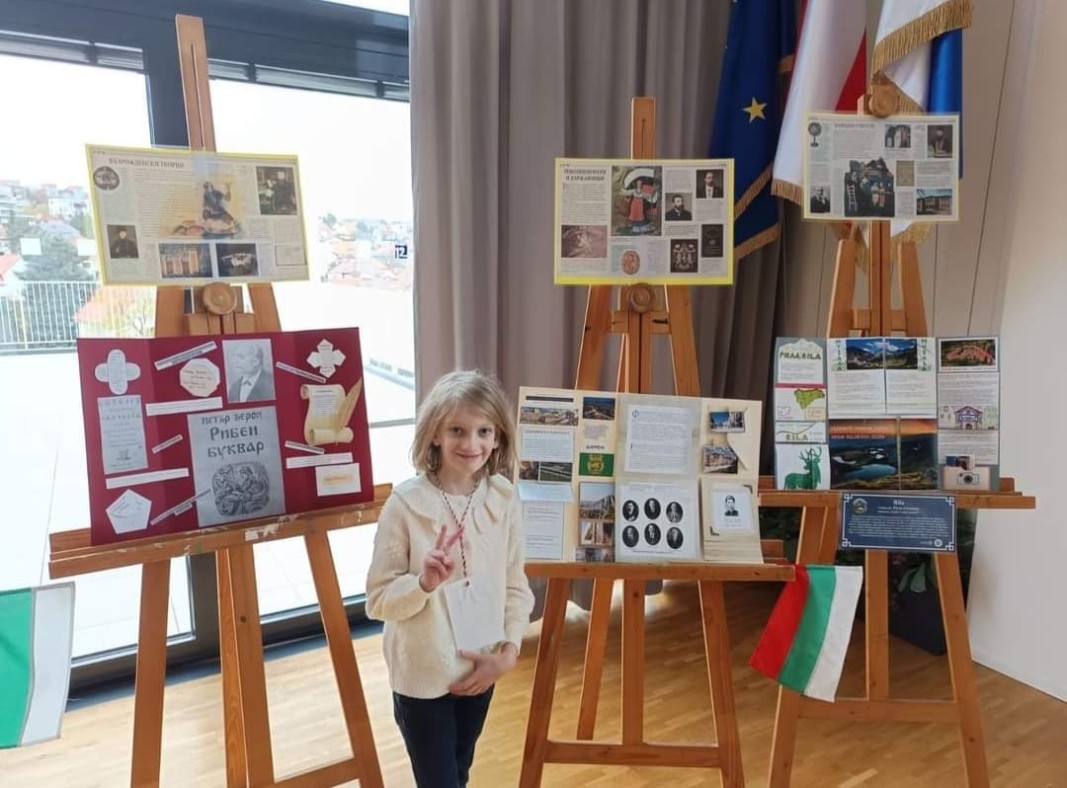


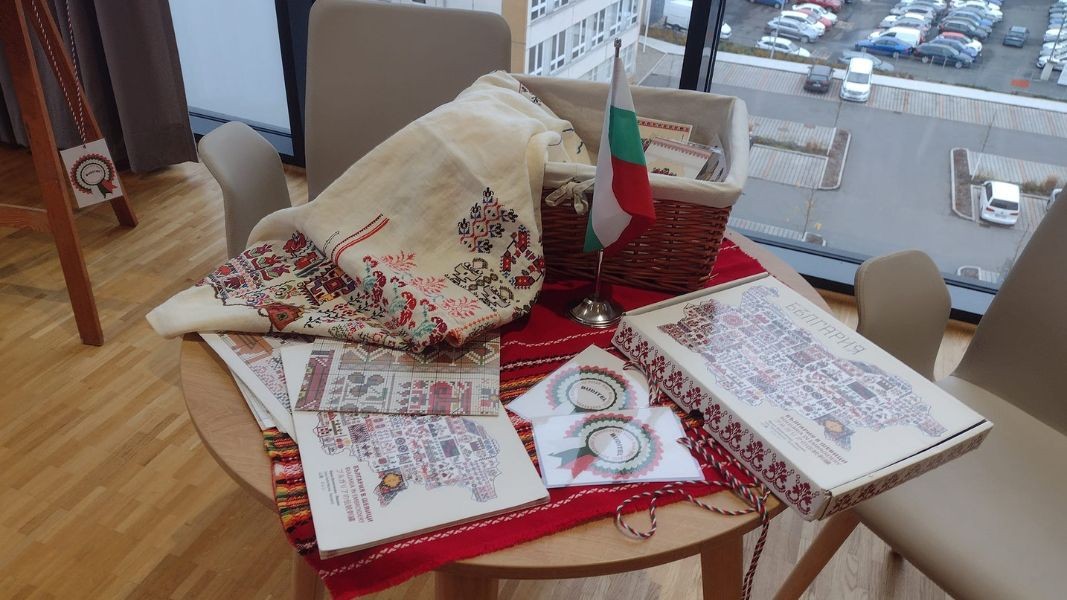
The seventeenth annual celebration of young wine in Plovdiv was officially opened on 21 November. The wine marathon, which will continue throughout the weekend, promises an unforgettable culinary and cultural journey through the authentic..
Days of Turkish Culture will be held on November 22 and 23 in the Palace Cultural Center in Balchik . The event under the motto "Destination: Turkiye" is being held with the participation of cultural institutions from the country...
A fire-breathing dragon will greet visitors at the first Iron Museum in the Balkans, which opens on 21 November in Plovdiv . From its mouth, words of encouragement will flow- inviting people, eager for new knowledge, to dive into the history of a..

+359 2 9336 661
